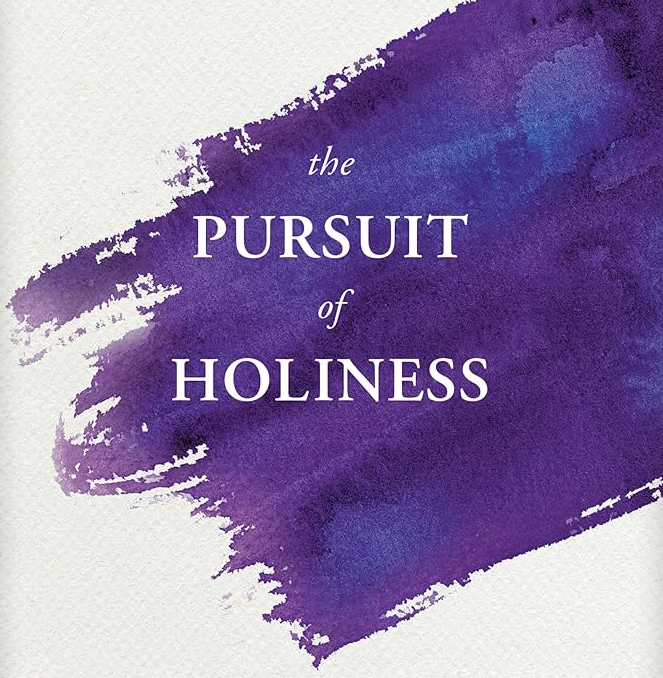Had a great time at the most recent get-together. Looking forward to seeing everyone at the next gathering on Thursday night, February 13th. Same place, same time......6-8pm in the youth/multi-purpose room. We'll plan on discussing Lesson 10 on page 167 in our book, which will cover Chapters 13 and 14. in "The Pursuit of Holiness." We'll meet in the multipurpose/youth room in the back of the office building like last time. We'll take the first hour or so to eat, then the remainder of our time to discuss the material. Randall's bringing pizza and Ed and Charles are bringing a couple different kinds of wings. Thank you guys!
Please contact Mat Tomlinson for more information!
Here's a link to order the book if you'd like to get it:
Click Here to purchase "The Pursuit of Holiness" on Amazon
-------------------------------------------------------------------------------
Most recent follow-up email (if applicable):

